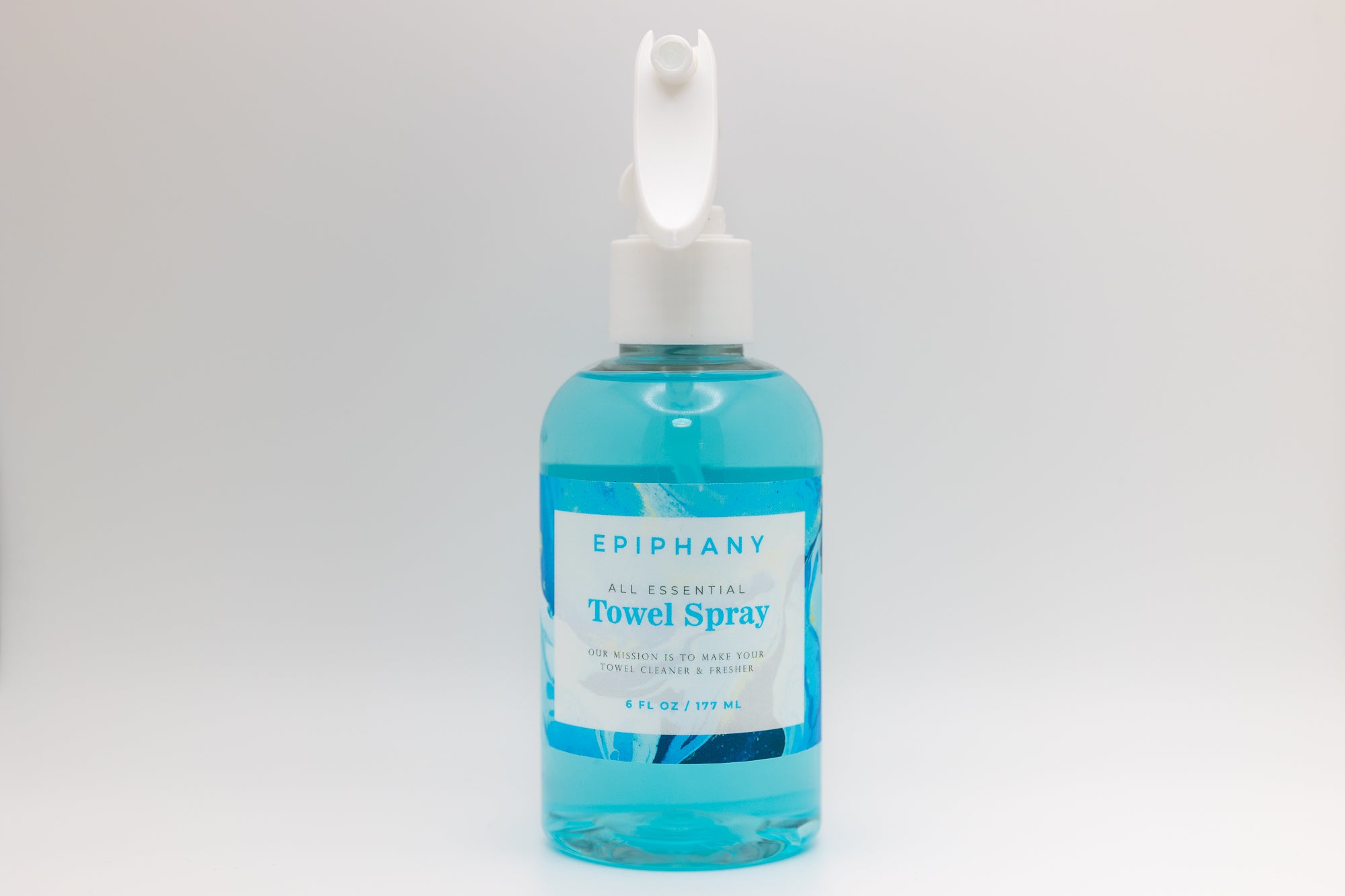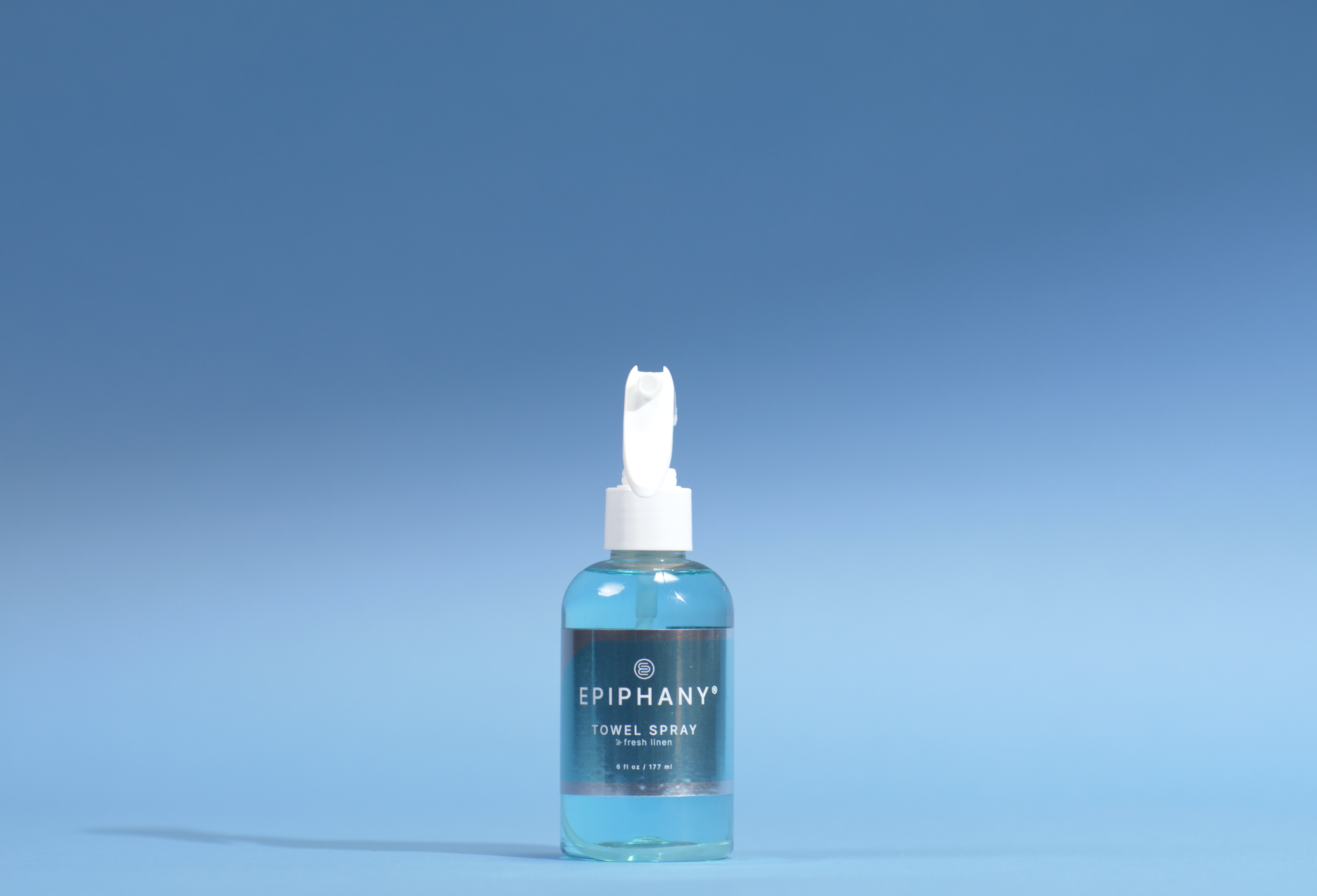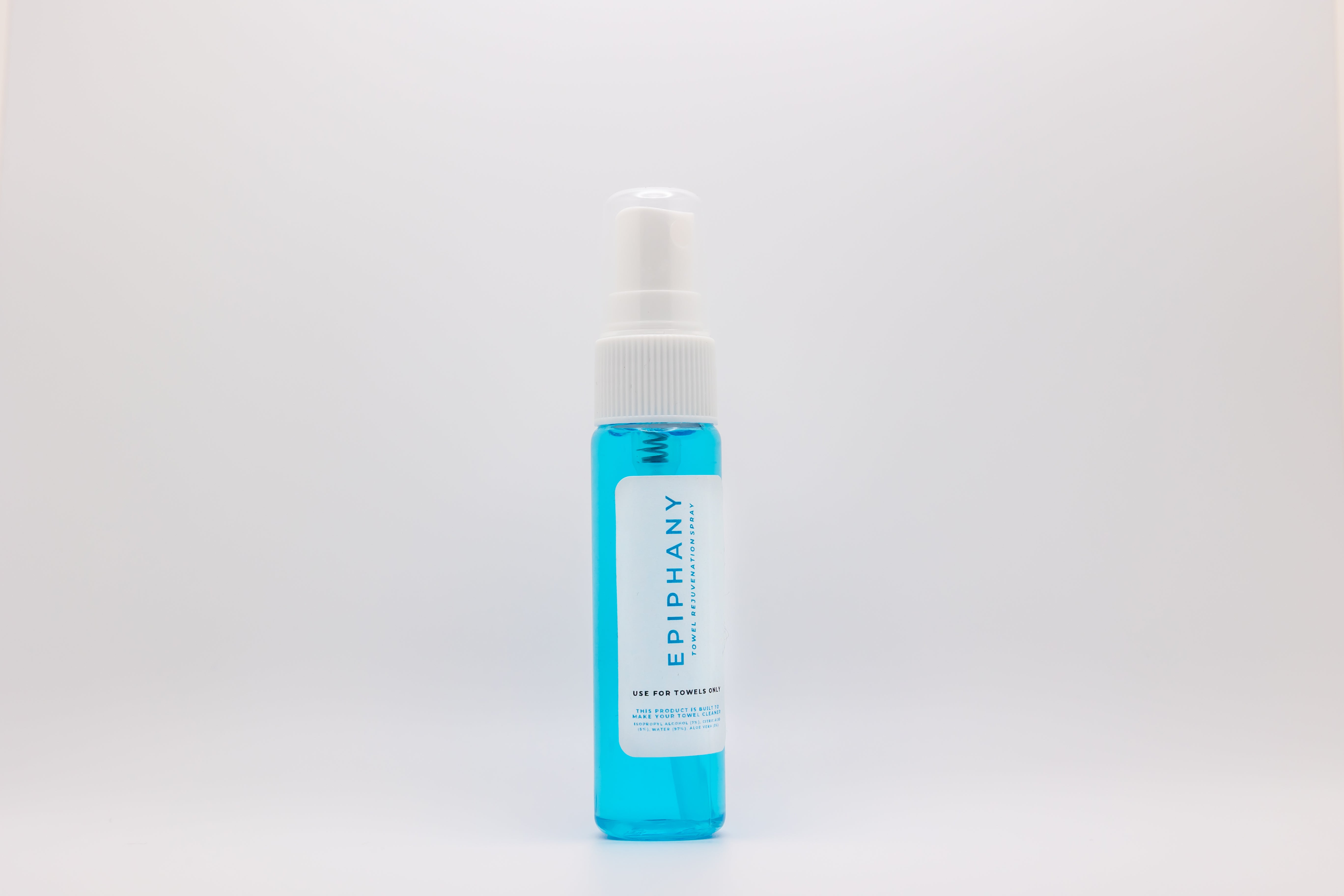How to Keep Your Towels Bacteria-Free: A Guide to Effective Towel Care
Towels are essential in our daily lives, providing comfort and aiding in our hygiene routines. However, if not properly cared for, they can become breeding grounds for bacteria and potentially pose health risks. In this guide, we'll delve into the importance of keeping your bath and hand towels bacteria-free, the dangers of bacterial infections like staph and E. coli, and explore effective methods for maintaining towel hygiene.
Understanding the Bacterial Threat: Staph and E. coli Infections
Bacteria thrive in warm, damp environments, making your towels the perfect environment for their growth. Staphylococcus aureus (staph) and Escherichia coli (E. coli) are two common bacteria that can find their way onto towels. Staph infections can cause skin infections, boils, and even more severe conditions like pneumonia or bloodstream infections. E. coli, on the other hand, can lead to gastrointestinal issues such as diarrhea, vomiting, and even more serious complications in some cases.
"MRSA can spread on laundry like sheets, towels, and clothing. Keep laundry clean to prevent MRSA from spreading."
SOURCE: CDC.gov
Why Bleach Might Not Be the Best Solution
While it may seem logical to use bleach to kill bacteria and disinfect towels, it's not the ideal solution. Bleach can weaken the fabric fibers over time, causing towels to become thin and less absorbent. Moreover, using bleach improperly or excessively can lead to skin irritation and respiratory problems. Given these drawbacks, it's worth exploring alternative methods for maintaining towel hygiene.
The Advantages of Towel Sprays Over Harsh Chemicals
Towel sprays offer a more gentle and effective way to disinfect your towels without the negative consequences of using harsh chemicals like bleach. Here are some reasons why towel sprays are a better choice:
- Gentle on Fabric: Unlike bleach, towel sprays are specifically designed to be gentle on fabrics, preserving the softness and absorbency of your towels.
- Non-Irritating: Many commercial towel sprays are formulated to be skin-friendly and hypoallergenic, reducing the risk of skin irritation.
- Eco-Friendly Options: Towel sprays often come in eco-friendly formulations, reducing their impact on the environment.
- Ease of Use: Applying towel spray is simple. Just spritz it on your towel after each use, and you're done.
- Effective Disinfection: Most towel sprays are designed to kill a broad spectrum of bacteria, ensuring your towels are properly disinfected.
The Simplicity of Spraying a Towel Down

Steps to Keep Your Towels Bacteria-Free
- Proper Drying: After each use, hang your towels in a well-ventilated area to allow them to dry completely. Bacteria thrive in moisture, so ensuring your towels are dry is the first line of defense.
- Regular Washing: Wash your towels regularly using hot water and an appropriate detergent. Avoid overloading the washing machine to ensure thorough cleaning.
- Avoid Sharing Towels: Sharing towels can transfer bacteria between individuals, so it's best to use your own towels.
- Towel Spray Application: After using a towel, give it a quick spritz with a towel spray specifically designed for disinfection. This step can effectively kill bacteria without compromising the fabric.
- Rotate Towels: Having a set of towels to rotate through can reduce the frequency of use and allow each towel more time to dry between uses.
-
Replace Old Towels: Towels have a limited lifespan. Over time, even with proper care, they can become less effective at drying and more prone to bacterial growth. Regularly replace old towels with new ones.
In conclusion, maintaining bacteria-free towels is crucial for your health and hygiene. By adopting simple yet effective practices like proper drying, regular washing, and using towel sprays, you can enjoy the comfort of clean towels while minimizing the risk of bacterial infections. Remember, your towel care routine plays a significant role in promoting a healthier lifestyle.
You can learn more at towelspray.com
Source: https://www.cdc.gov/mrsa/community/environment/laundry.html






